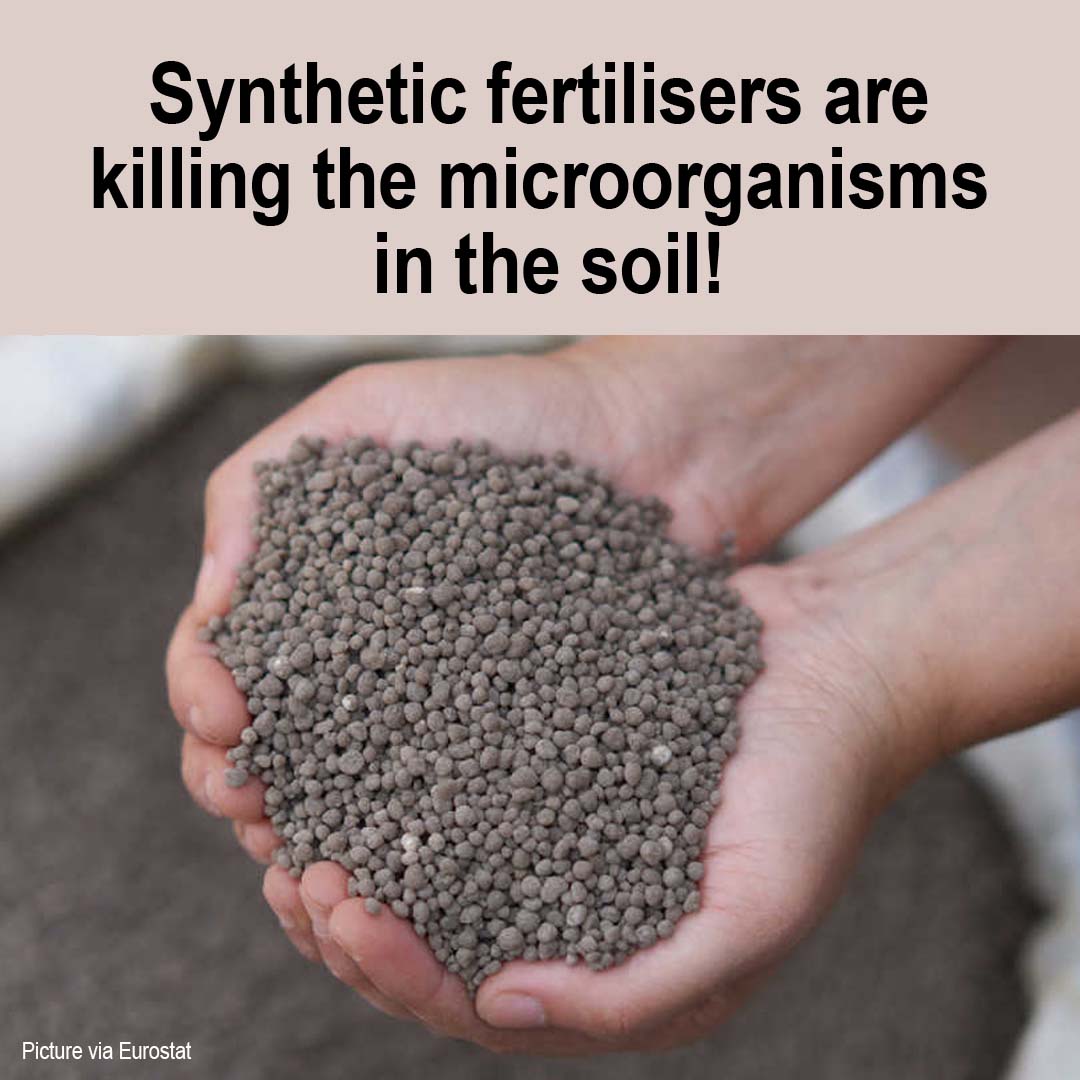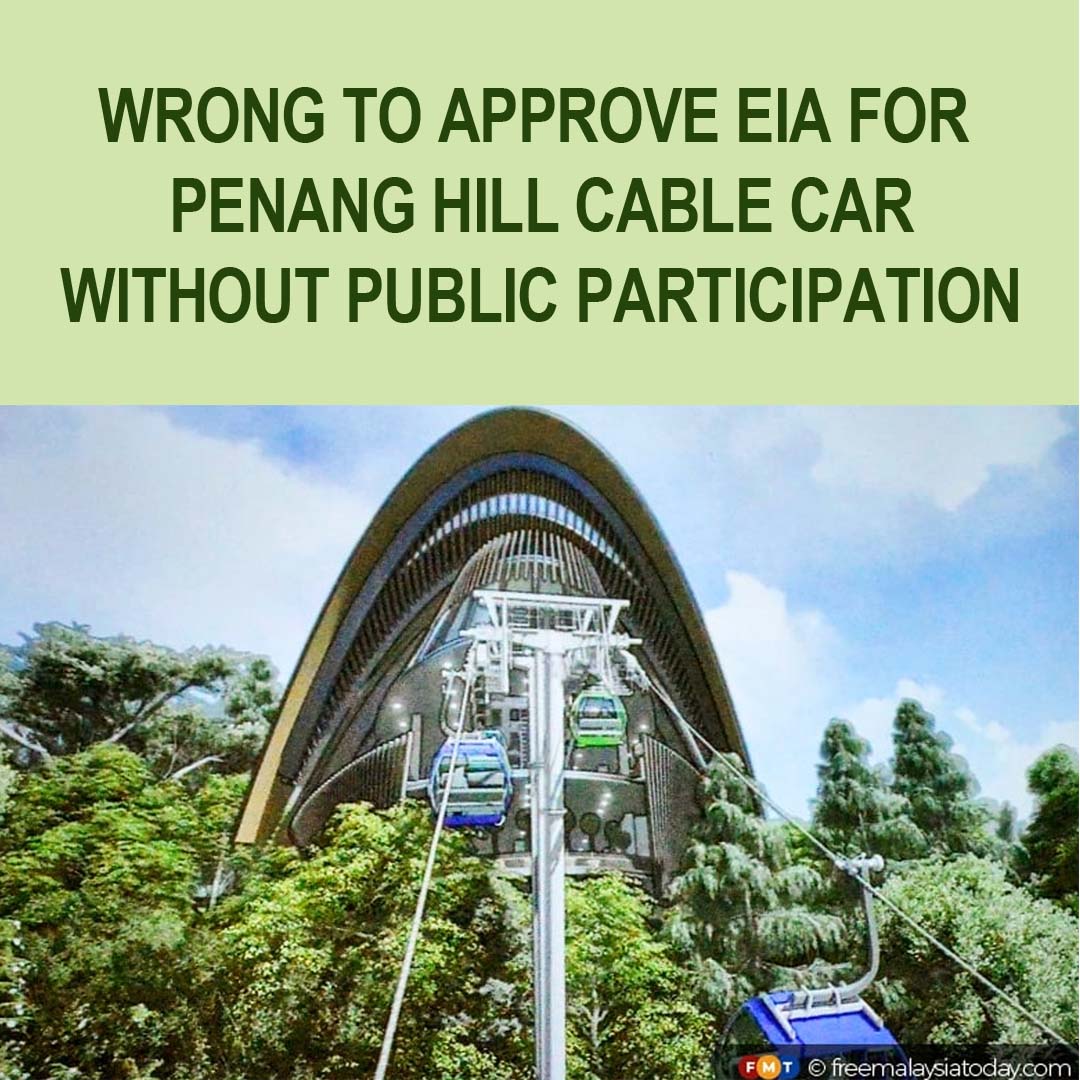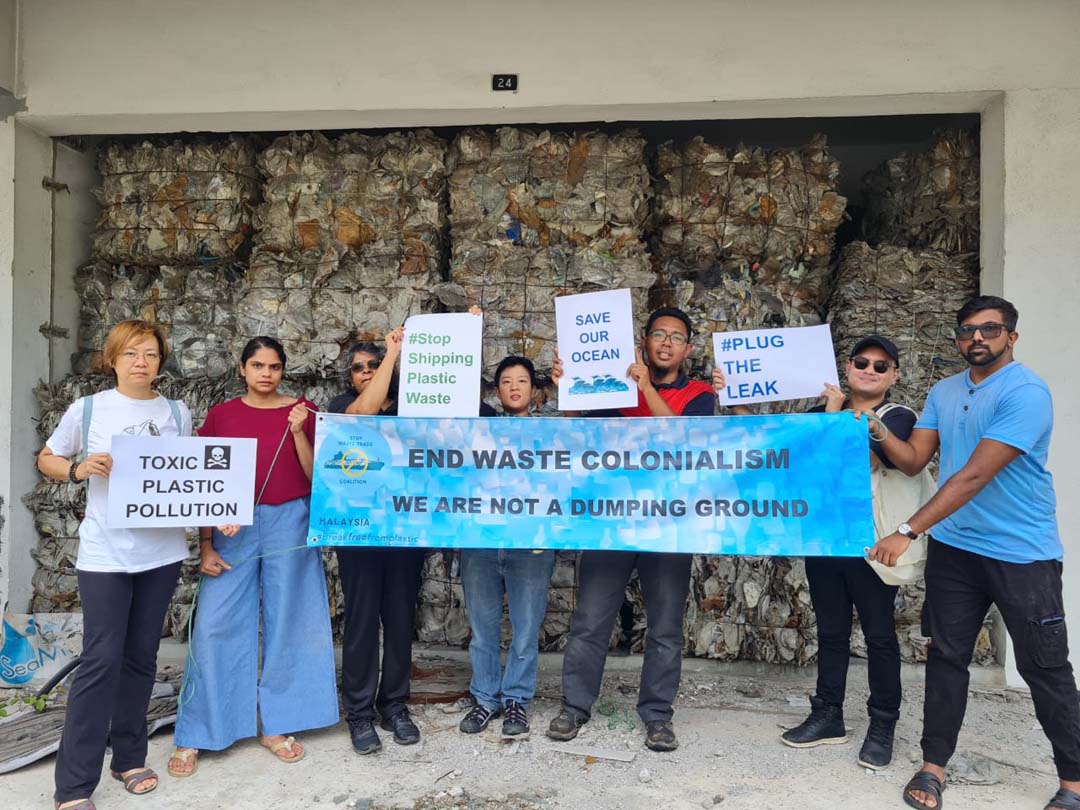
Synthetic fertilisers are killing the microorganisms in the soil!
Consumers Association of Penang (CAP) calls on farmers and consumers to avoid using synthetic fertilisers. It is because they can indeed have negative impacts on soil biodiversity, including the suppression of the activity of beneficial nitrogen-fixing bacteria, thereby negatively affecting the very crops people are trying to plant. While synthetic fertilisers are able to enhance crop...
Read More 








